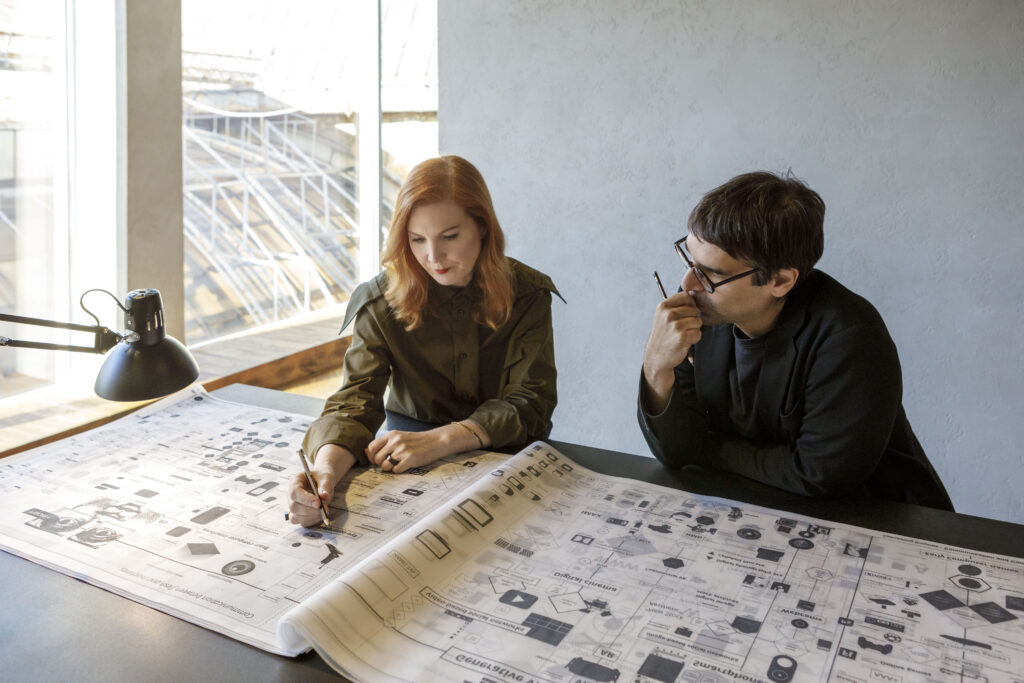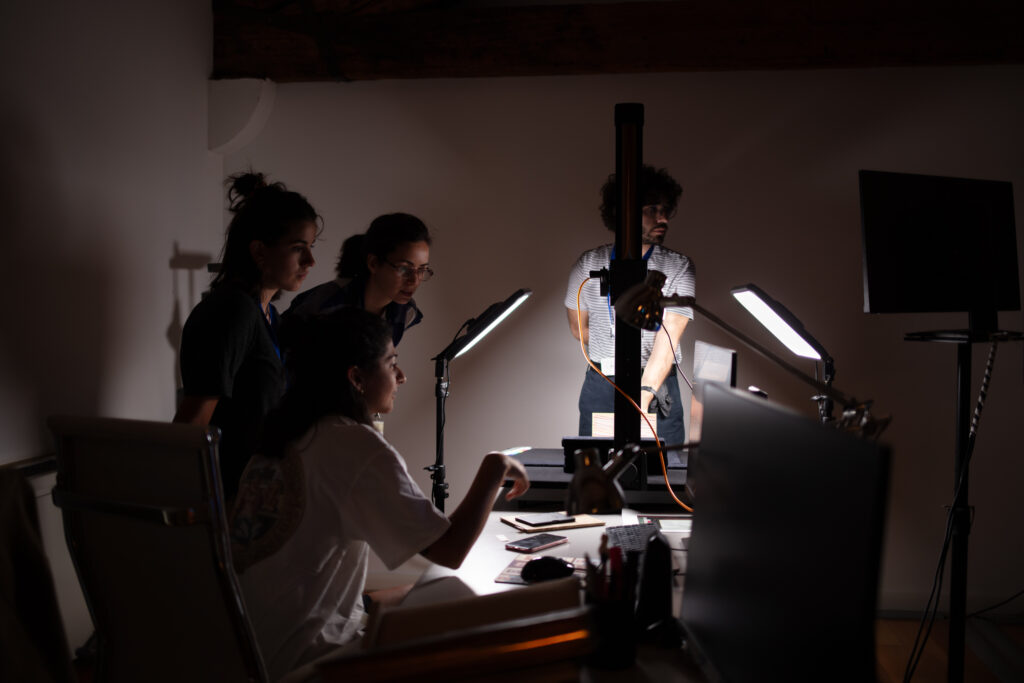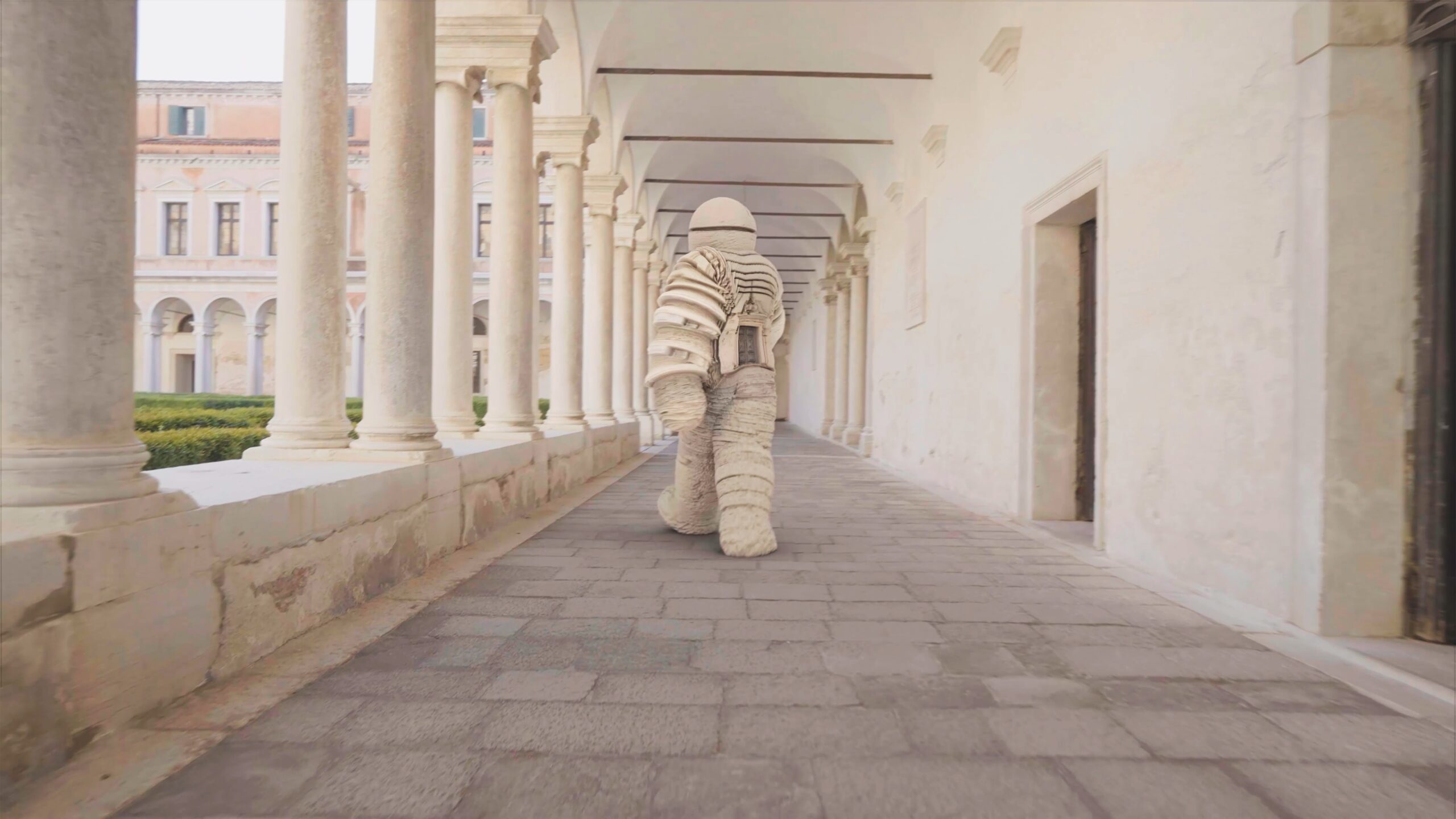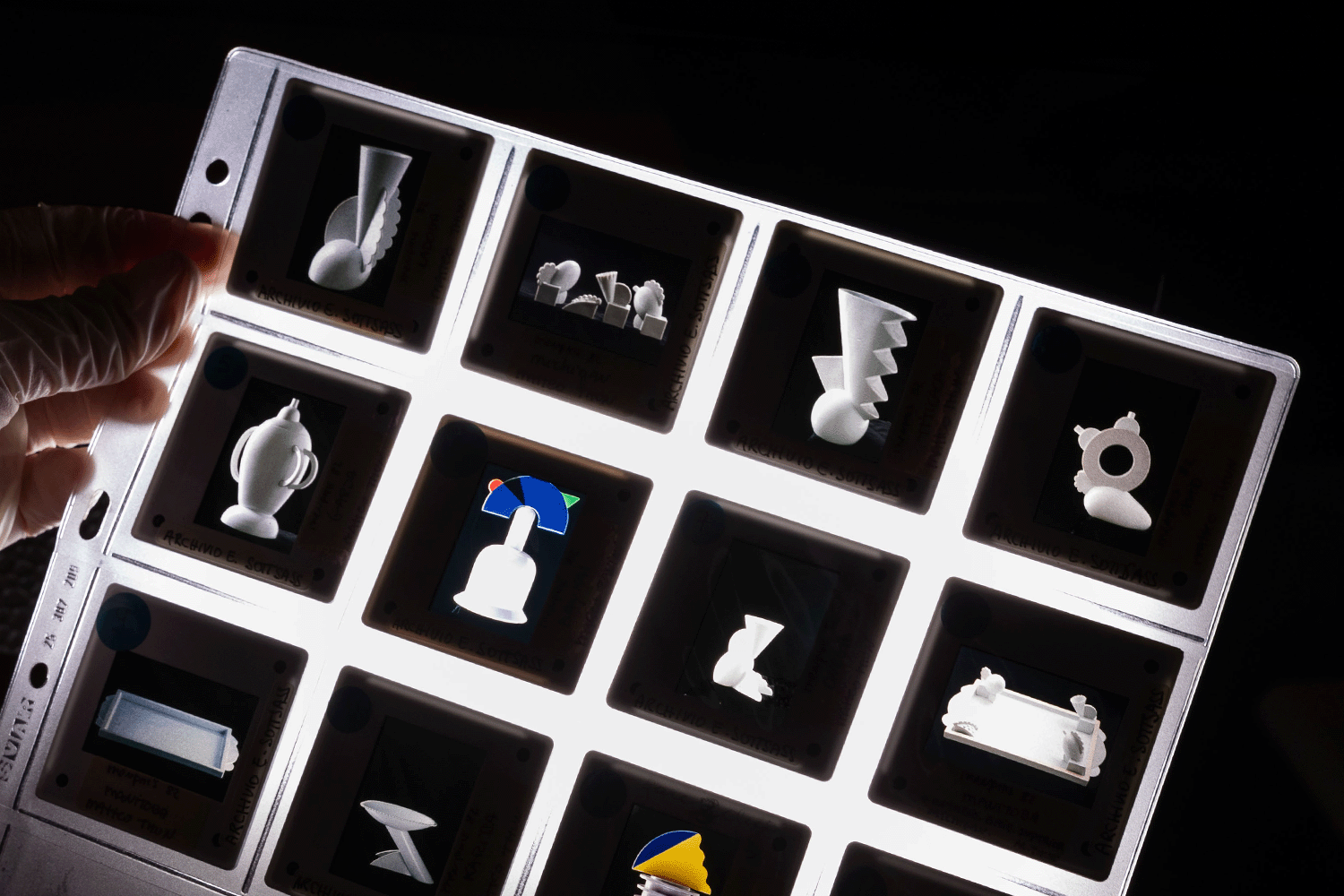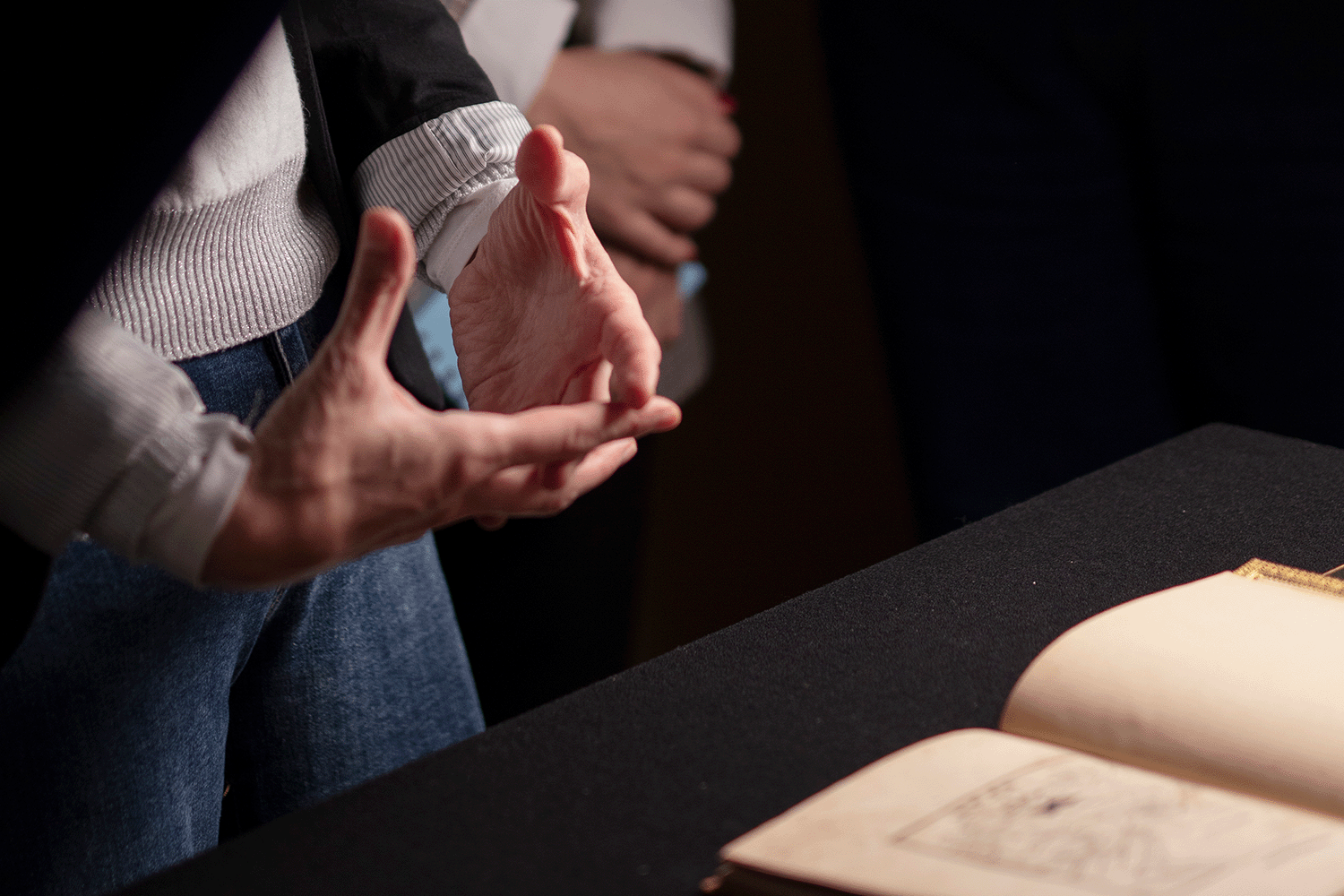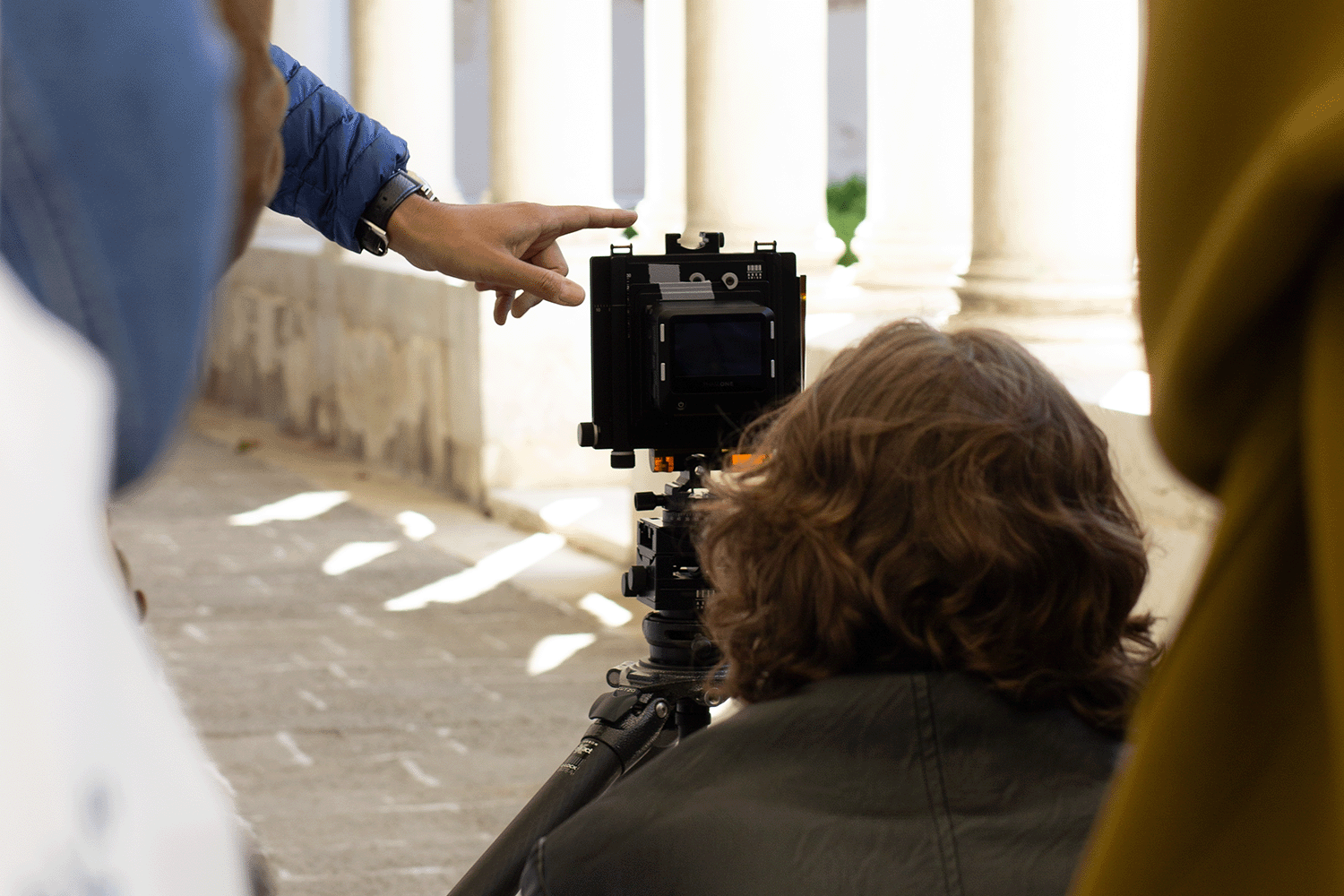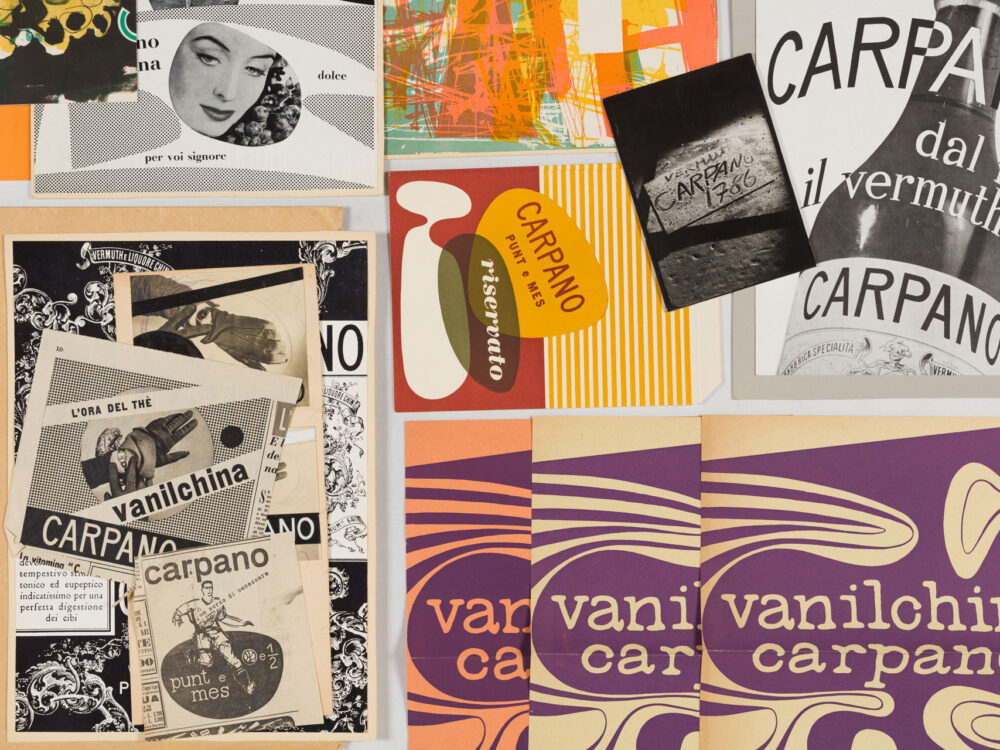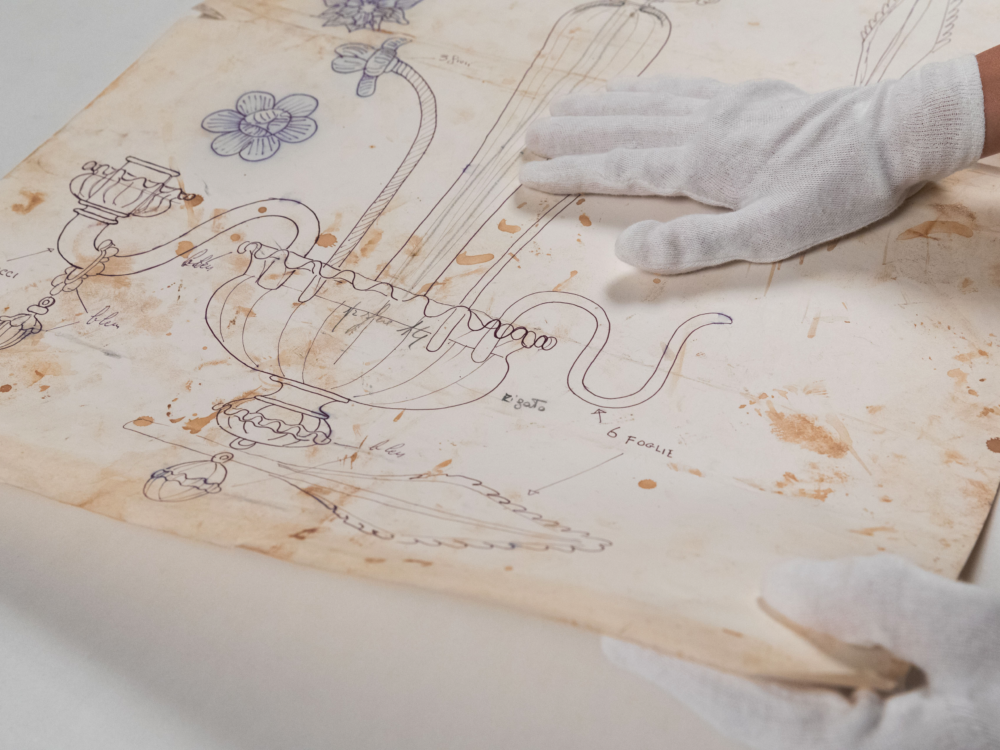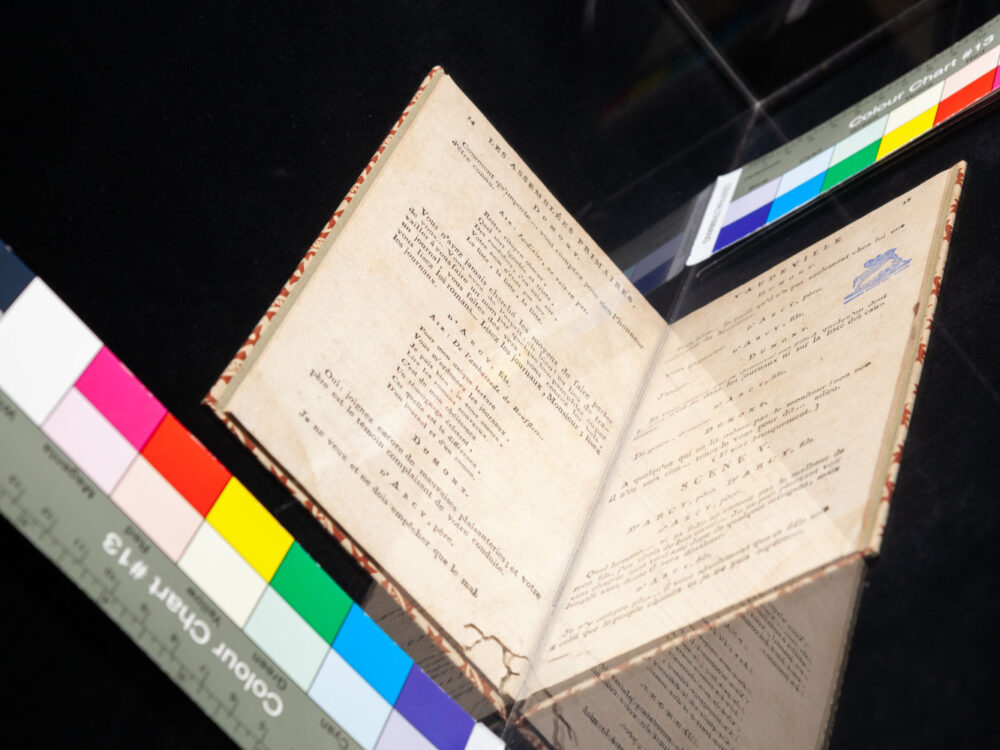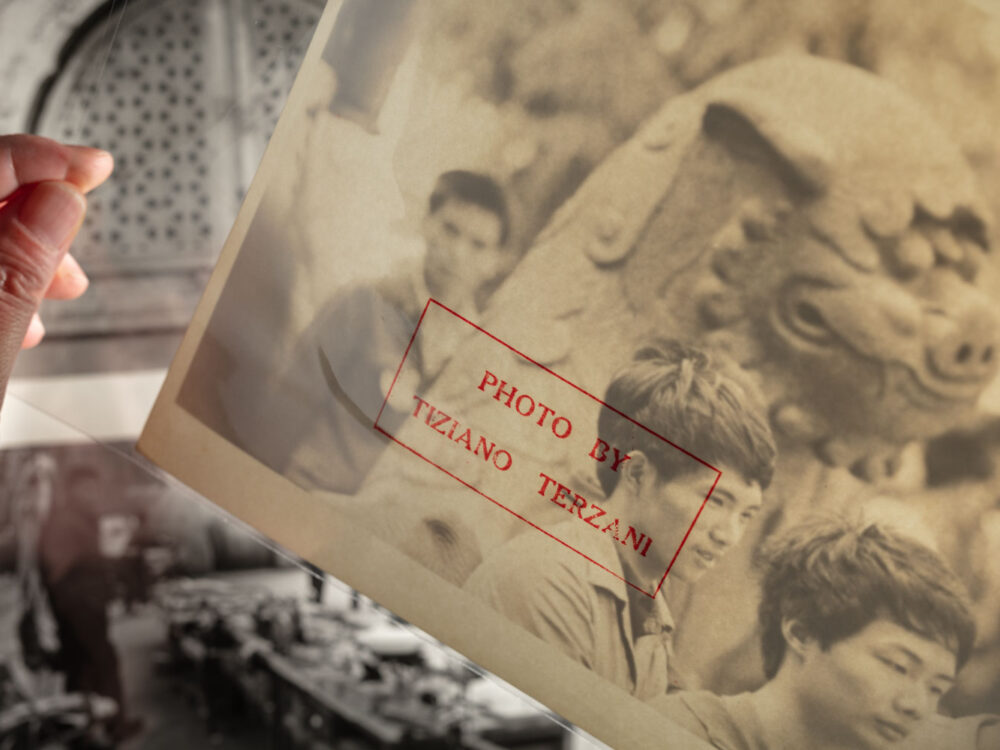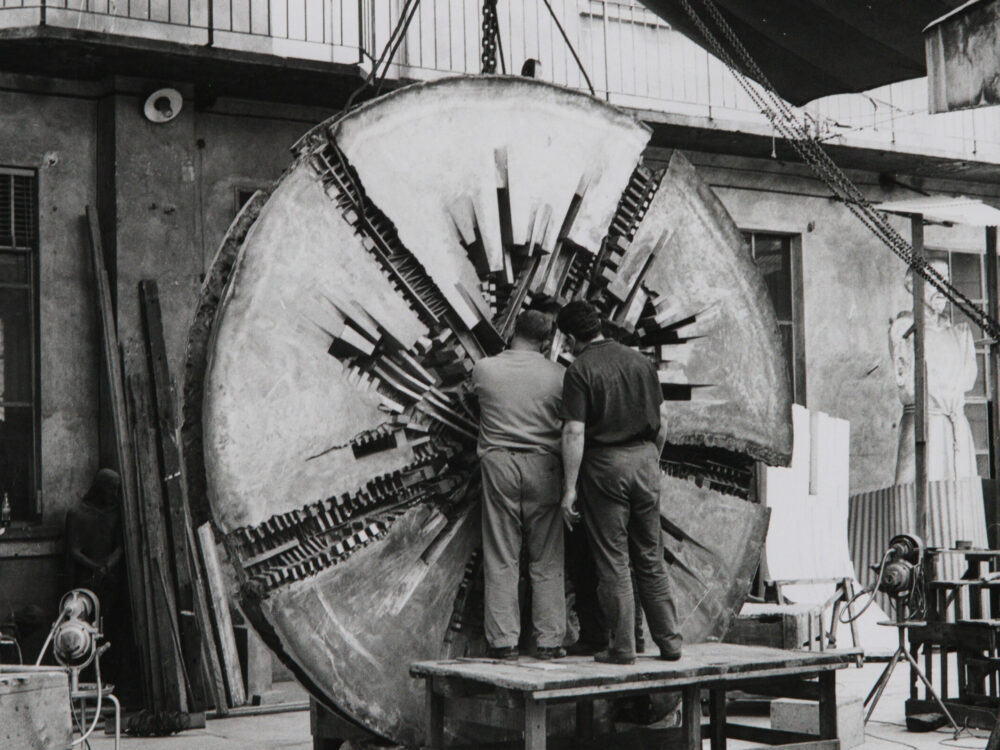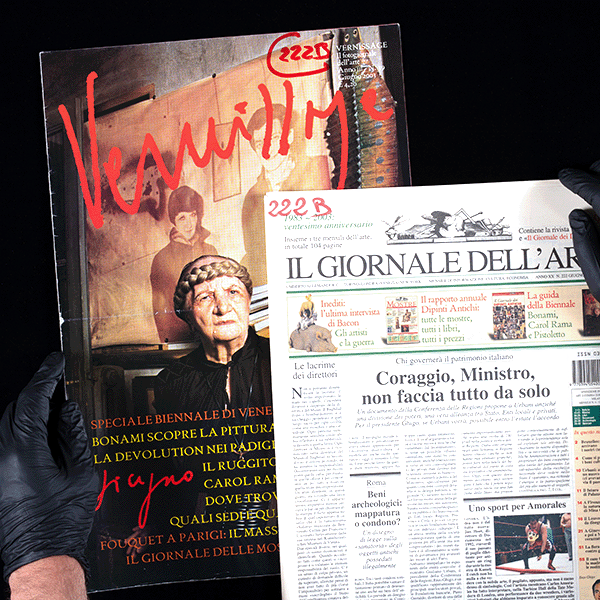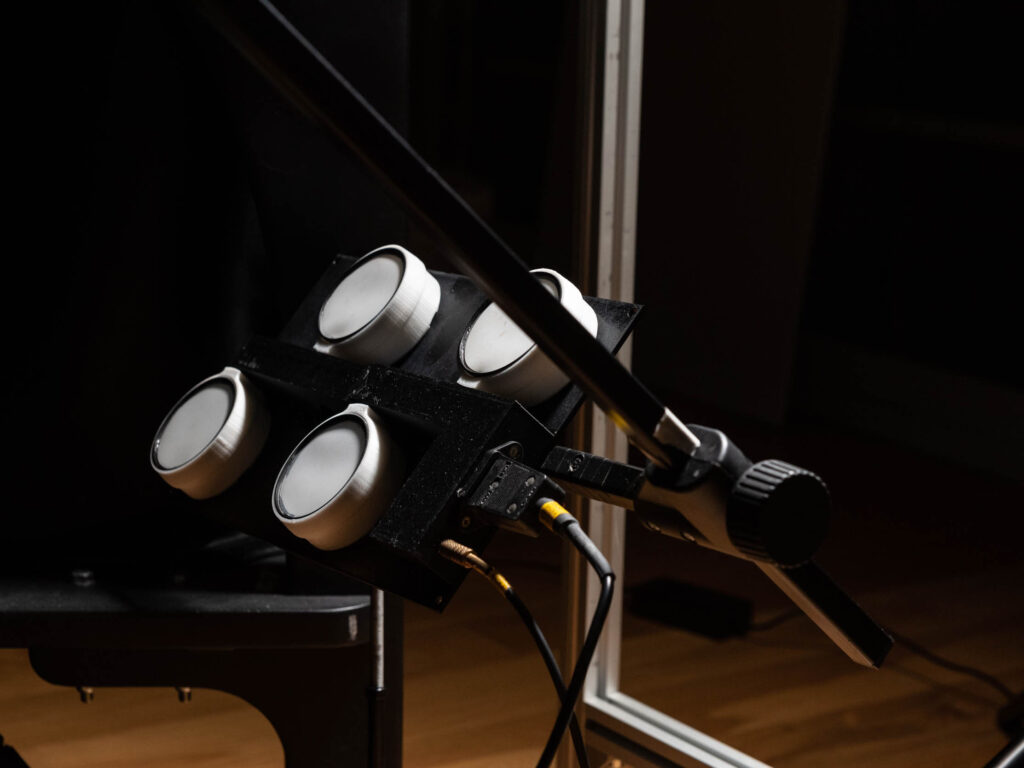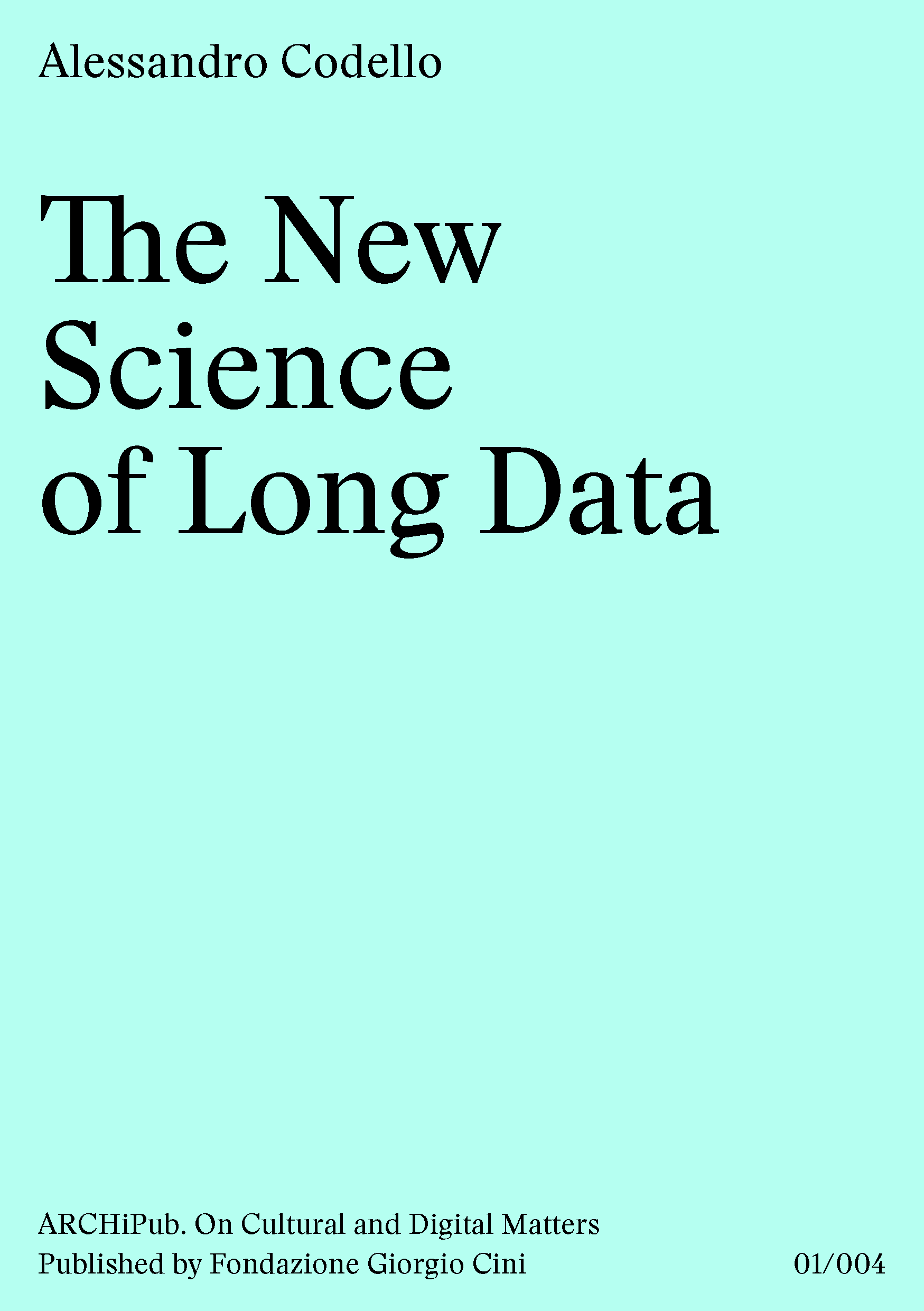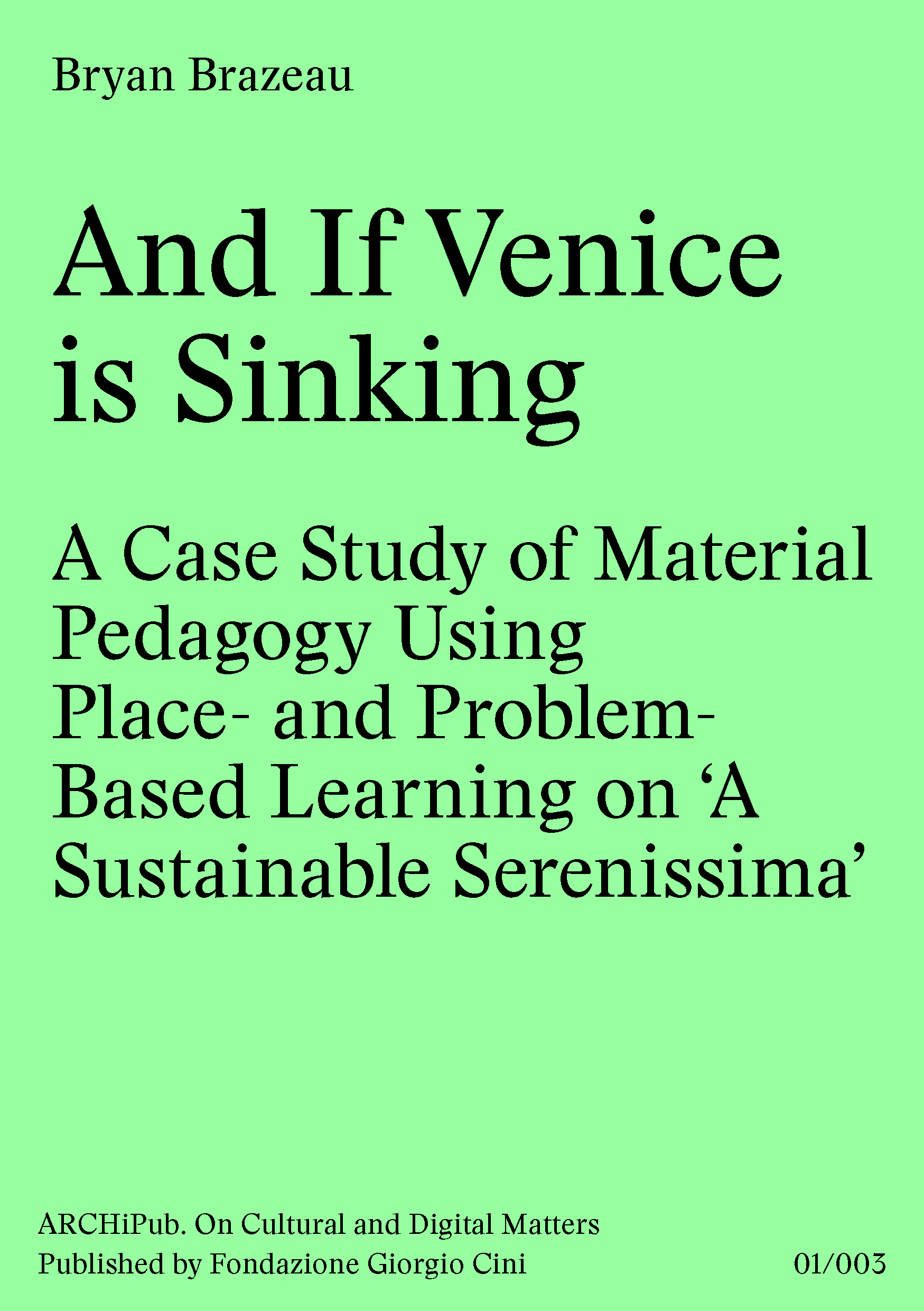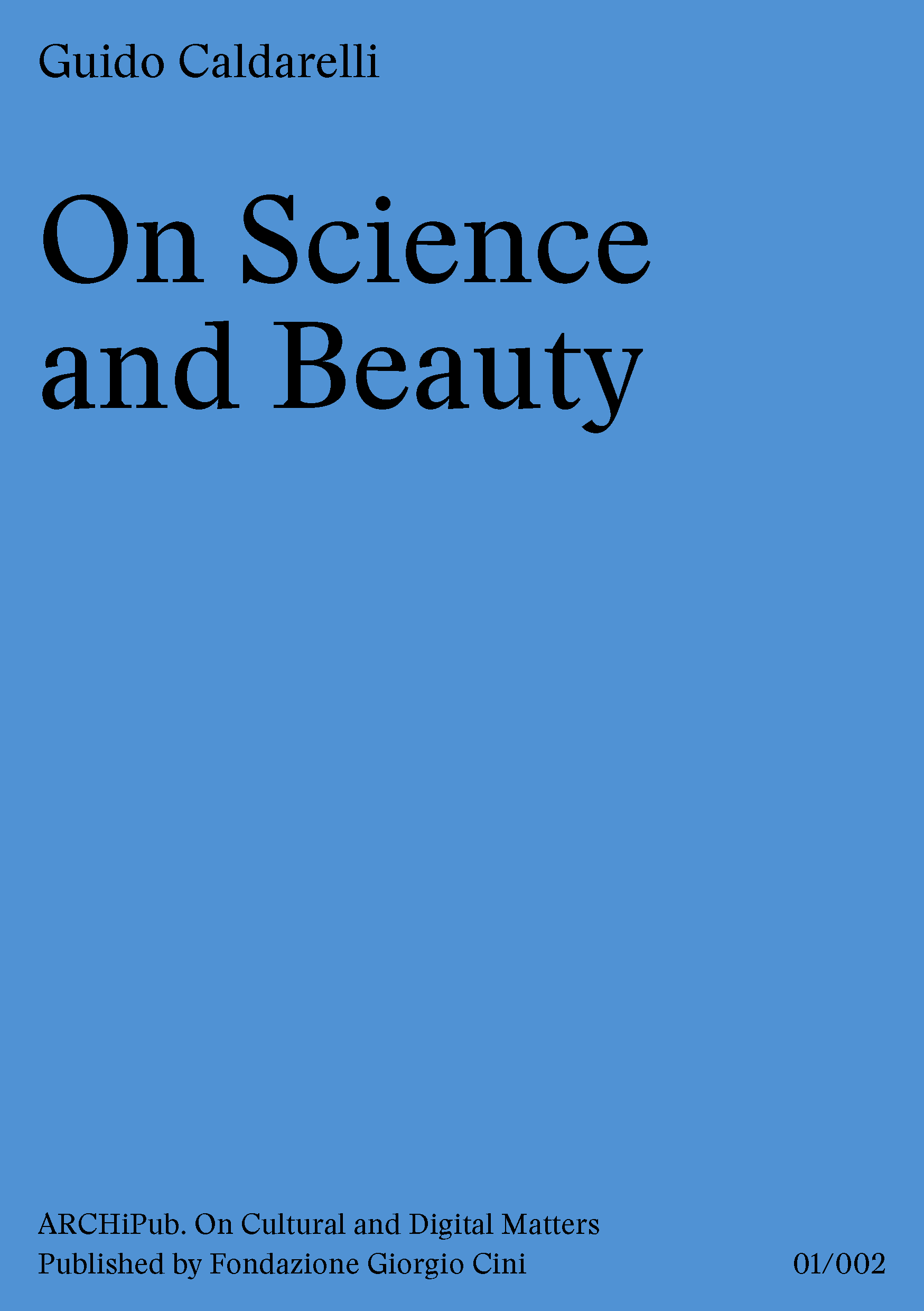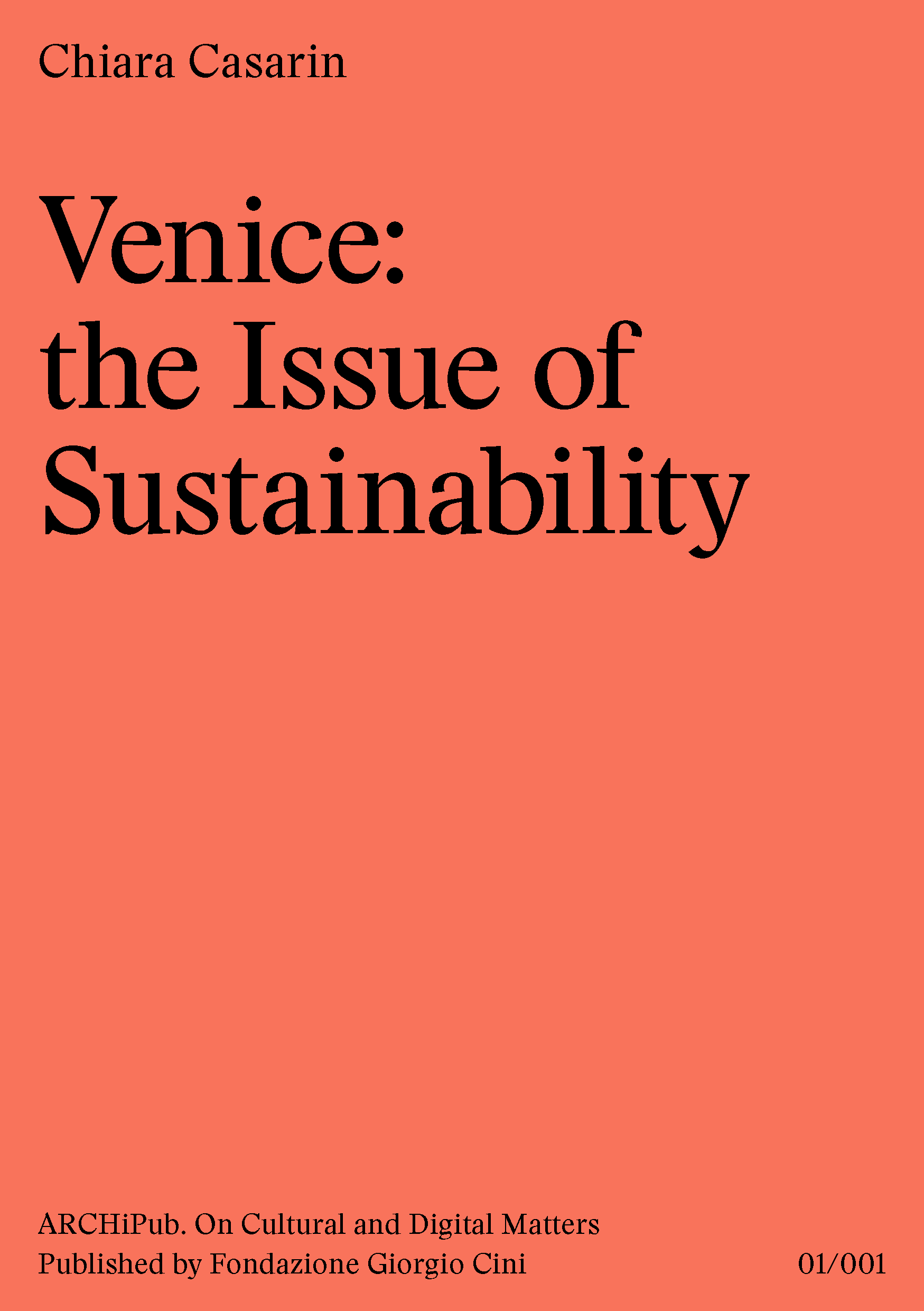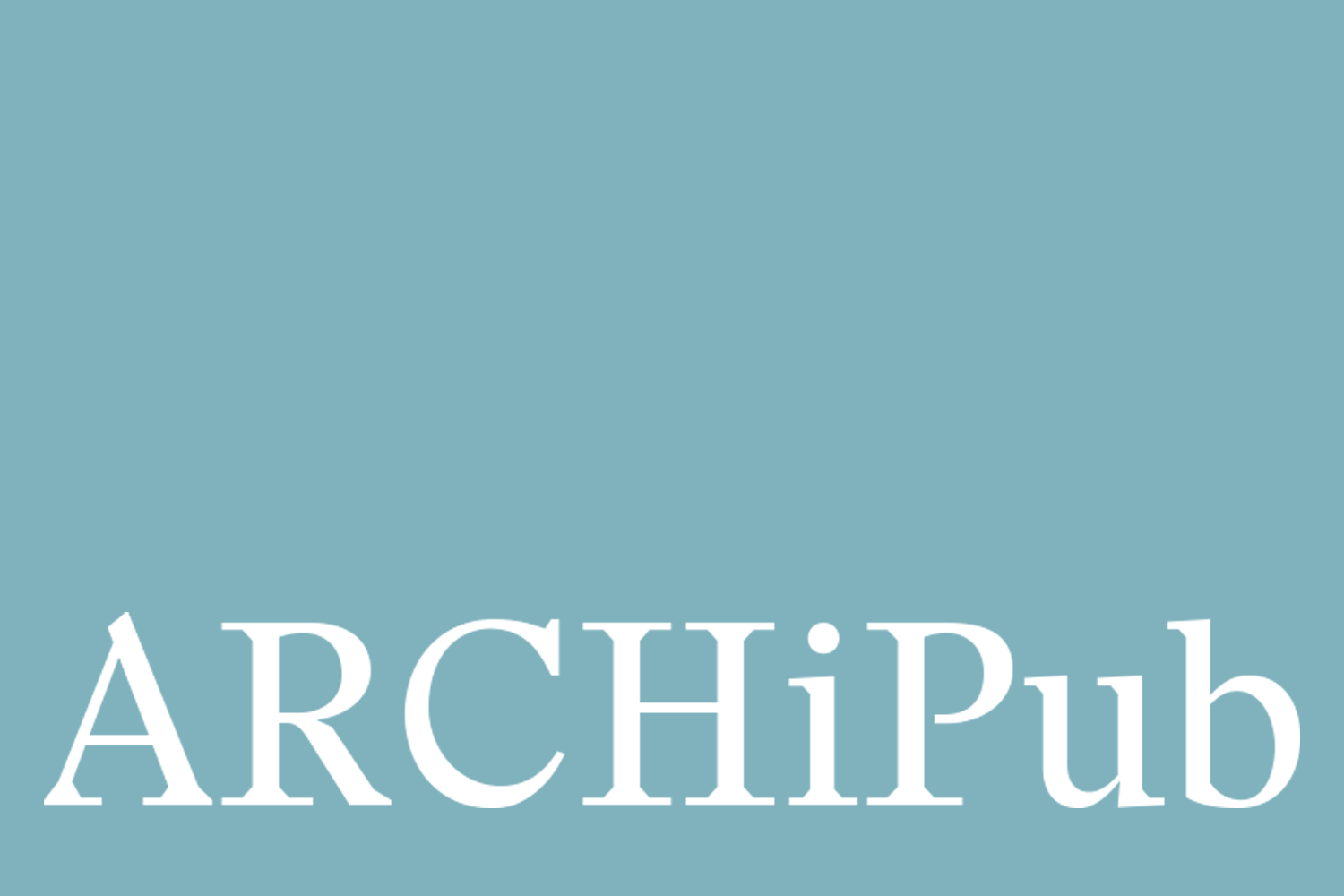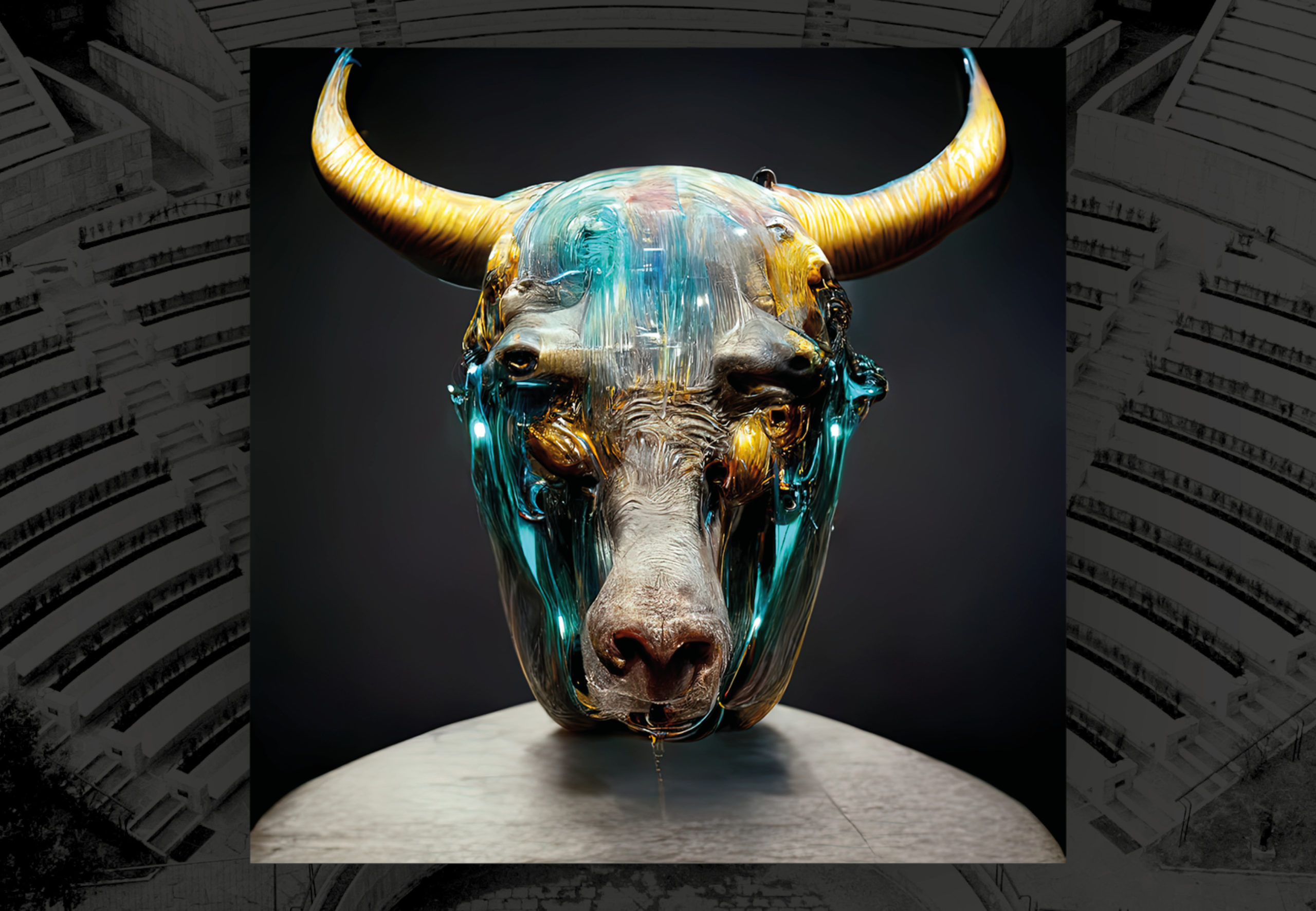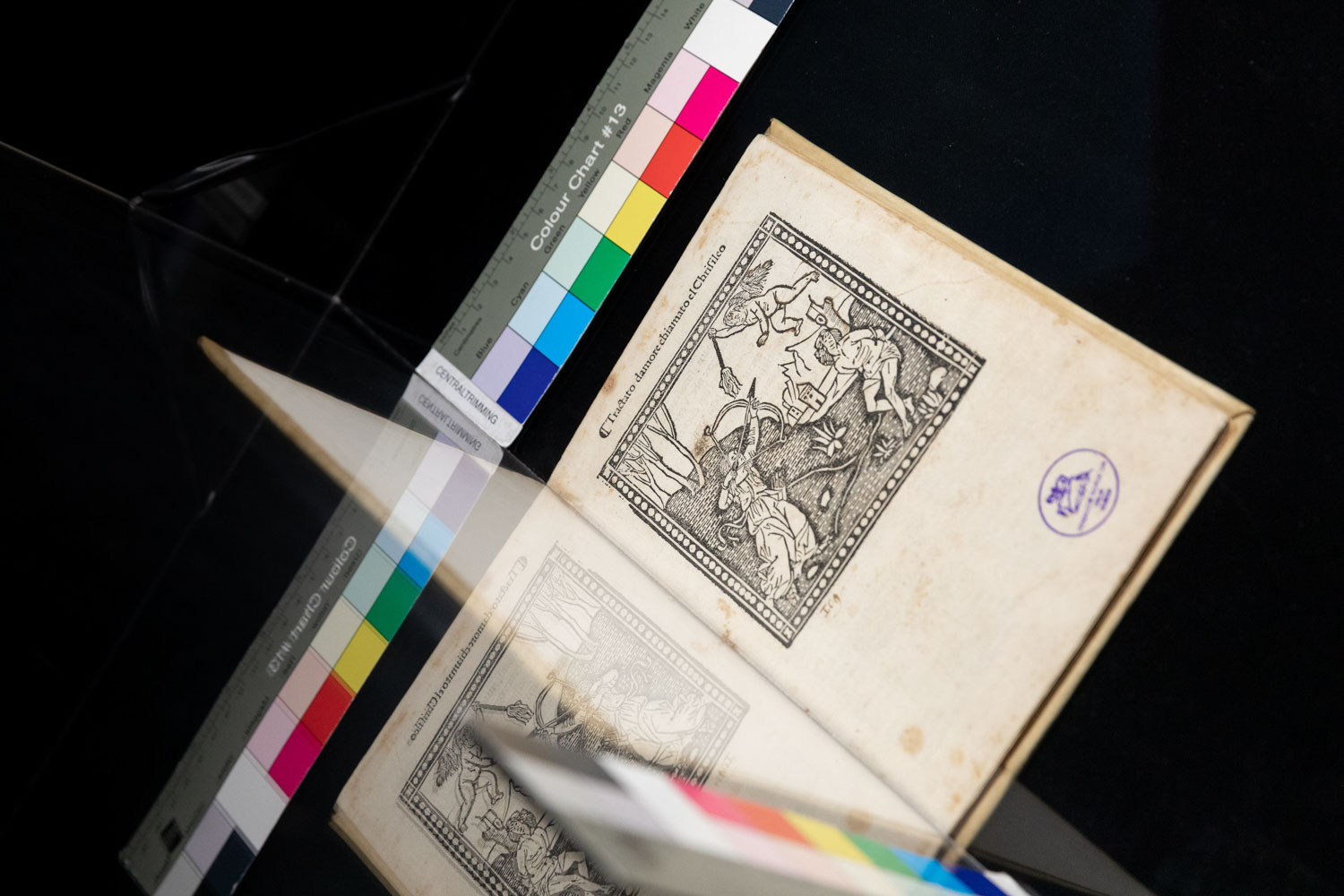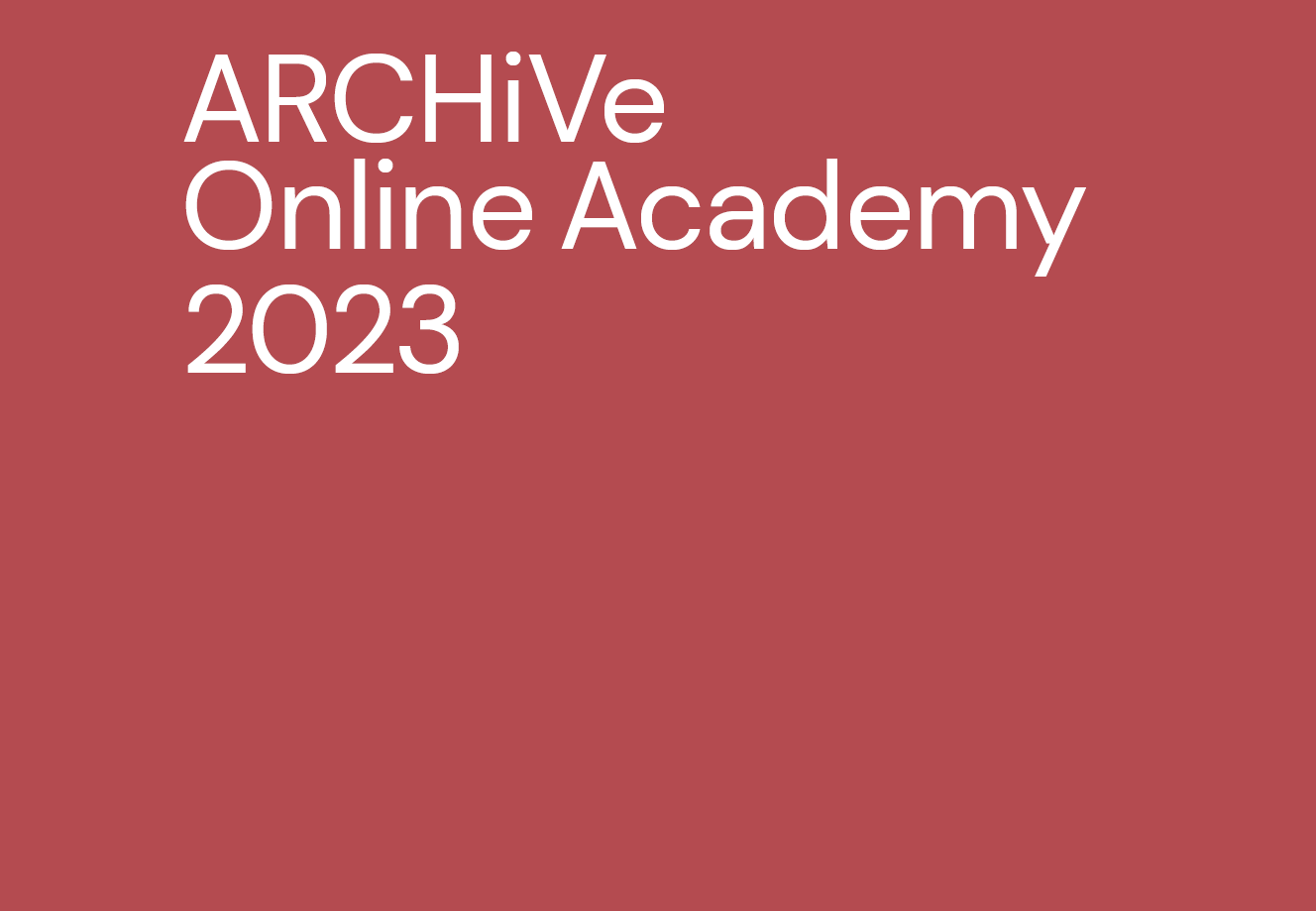The Fondazione Giorgio Cini, in the context of the activities of the Digital Centre ARCHiVe (Analysis and Recording of Cultural Heritage in Venice), renews the appointments of AOA | ARCHiVe Online Academy, the free training programme dedicated to digital preservation and enhancement of cultural heritage and the Digital Humanities.
ARCHiVe Online Academy is structured as a series of thematic courses, workshops, classes and talks, delivered online on Zoom and/or on-site on the Island of San Giorgio Maggiore in Venice. The programme is aimed at anyone wishing to deepen their skills in the digitisation of cultural heritage, digital archives, and the promotion of digital cultural heritage. For students of the Venetian universities Ca’ Foscari University and IUAV and the University of Bologna, participation in the meetings is valid for the purposes of recognition of CFU.
To attend the sessions, it is necessary to register via the form on the ARCHiVe project website. Participation is free and open until all available spots are filled. For more information write to info.aoa@cini.it
Programme ARCHiVe Online Academy 2024 — 2025
17, 23 September 2024
[accordion][/accordion]
[accordion_entry title=”Access to image-based resources in the context of the International Image Interoperability Framework”]
Online on Zoom (2 lectures / 4 hours, ITA and ENG)
3pm — 5pm (CET)
curated by Fondazione Giorgio Cini and Factum Foundation
Access to high-resolution image-based resources is fundamental for research, scholarship, and the transmission of cultural knowledge and creativity. IIIF supports the uniform presentation of images of cultural heritage items, allowing for display, manipulation, measurement, and annotation by scholars and students worldwide. Although initially conceived in libraries and primarily used by academics, IIIF also benefits a wider public.
During this course, the new Digital Library of Fondazione Giorgio Cini will be officially presented: it is IIIF compliant and based on contentDM, a software to store and display digital collections conceived by OCLC.
More info here
[/accordion_entry]
[accordion][/accordion]
30 September — 2 October 2024
[accordion][/accordion]
[accordion_entry title=”2nd Workshop Analysis and Recording of Cultural Heritage in Venice”]
Onsite @ ARCHiVe (3 days / 20hours)
curated by Fondazione Giorgio Cini
The workshop is focused on the application of contactless and high-resolution digital technologies for the documentation of archival and library assets. Lasting 19 hours, the workshop will introduce participants to specific digitisation and post-production techniques and methods that ARCHiVe has experimented with in recent years in the context of projects developed both in Venice and abroad. The workshop will be held in person and will be based on a learning-by-doing approach, alternating theoretical and practical training. It is open to a selected group of participants (students and professionals with diverse backgrounds). A certificate of participation will be provided to the participants. Included in the participation fee will be the accommodation at the Vittore Branca Center residence on San Giorgio Maggiore Island as well as an ACTV pass for the entire stay.
More info here.
[/accordion_entry]
[accordion][/accordion]
10 October 2024
[accordion][/accordion]
[accordion_entry title=”Maps are too exciting! Digital Innovations in Cartography”]
Online conference (1 day / 8 hours, ENG)
11 — 17 (CET)
curated by Factum Foundation and ARCHiOx
Technologies, both recent and historic, have continuously evolved, transforming the representation of space and geography, and shaping new forms of consciousness and knowledge. Concurrently, digital technologies are revolutionising access to and research of cartographic materials, whether analogue or digital. Geographic Information Systems (GIS) integrate previously unrelated information and, when combined with artificial intelligence and deep learning, facilitate the analysis and presentation of vast amounts of data that were previously impossible to process. Simultaneously, also 2D and 3D digital recording technologies and GIS are employed together to document rare maps, globes, and other cartographic materials, enhancing research and playing a crucial role in the decision-making processes of restoration and enhancement projects.
More info here
[/accordion_entry]
[accordion][/accordion]
22 October 2024
[accordion][/accordion]
[accordion_entry title=”Artificial Aesthetics”]
Online Class (2 hours, ITA)
15 — 17 (CET)
curated by Emanuele Arielli
The use of artificial intelligence (AI)-based systems in the creation and interpretation of artworks raises questions concerning authorship, originality, and aesthetic perception. While machine learning algorithms can generate visual, musical, and literary works that emulate traditional styles, there is the dilemma of whether such creations can be considered genuinely artistic or merely technical reproductions. This topic also explores how technology can extend or limit human understanding of beauty, proposing a critical reflection on how AI-generated art challenges established aesthetic categories. Artificial aesthetics, therefore, invites reconsideration of the definitions of art and creator in the digital age, offering new perspectives on the evolution of art and its cultural and social impact. Additionally, the ethical implications of these developments will be considered.
More info here.
[/accordion_entry]
[accordion][/accordion]
18 November 2024
[accordion][/accordion]
[accordion_entry title=”MEET and Digital Experience: Revitalising an Archive”]
Online Class (2 hours, ITA)
15 — 17 (CET)
curated by Maria Grazia Mattei
MEET is the first International Centre for Digital Art and Culture, established in Milan in February 2018. Maria Grazia Mattei is its founder and director and has been leading the Meet the Media Guru platform of meetings and knowledge since 2005. Her aim is to support the development of a new awareness regarding technology as a resource for people’s creativity and the well-being of society as a whole. During this meeting, the curator will discuss the theme of immersiveness as a new form of entertainment, communication, and knowledge enjoyment, involving some of the most significant figures and phenomena in the sector.
More info here
[/accordion_entry]
[accordion][/accordion]
19 November 2024
[accordion][/accordion]
[accordion_entry title=”Collective Artificial Intelligence: Large Language Models and Human Sciences”]
Online Class (2 hours, ITA)
15 — 17 (CET)
curated by Cristiano De Nobili
This lecture provides an overview of recent advances in LLMs emergent abilities focusing in particular on multi-agent collective behaviour. This refers to the collective (artificial) intelligence that emerges from the cooperation and interaction of several different agents. Multi-agent architectures show promising results for tasks where several ideas/feedback are needed or when the complexity of the problem requires collective intelligence. This is an exciting field in which Physics, Computer Science and Sociology intertwine. Countless are the applications in Human Sciences and Human-machine interaction.
More info here
[/accordion_entry]
[accordion][/accordion]
3 December 2024
[accordion][/accordion]
[accordion_entry title=”Arnaldo Pomodoro Archive: digitising to preserve and enhance”]
Online Class (2 hours, ITA)
15 — 17 (CET)
curated by Fondazione Arnaldo Pomodoro
The Fondazione Arnaldo Pomodoro, established at the artist’s behest in 1995, has the primary task of conserving and disseminating his work. The Archive, managed by the Foundation itself, houses a wide variety of materials documenting the sculptor’s artistic production and professional relationships: photographs, exhibition catalogues, correspondence, models, and other working materials. To provide broader public access to this heritage, the Catalogue Raisonné and the Online Archive projects were initiated, including a collaboration with the Digital Centre of the Fondazione Giorgio Cini for the acquisition of fragile and complex materials, such as thirteen scrapbooks (1954-1984) and the substantial Ugo Mulas collection (1960-1970). The lecture presents the Archive through its history, materials, and the management dynamics that the Foundation implements for its enhancement; it will also illustrate the ongoing digitisation process and the technologies used for rendering the digital files.
More info here
[/accordion_entry]
[accordion][/accordion]
10, 12 December 2024
[accordion][/accordion]
[accordion_entry title=”Art and Innovation, a new idea of Archives”]
Online Course (2 lectures / 4 hours, ITA)
15 — 17 (CET)
curated by Valentino Catricalà
The course focuses on the relationship between art and innovation, on how artists, using media that are changing our societies, not only open up new reflections on media but also create new practices that impact the world of innovation. Therefore, the point of interest of the research is not only how the world of art can develop through technology but also how the world of innovation can benefit from the relationship with artists. These issues will be developed through case studies with a focus on artists who use databases and archives, to understand how archives reinterpreted by artists can be a source of technological innovation.
In the second lesson, the artist Donato Piccolo will discuss the poetics of his creative process and the ongoing dialogue between science, technology, and art in his work.
More info here
[/accordion_entry]
[accordion][/accordion]
28, 29 January 2025
[accordion][/accordion]
[accordion_entry title=”Access to Materials in Digital Archives, Copyright and Related Rights: the Archivio Progetti IUAV as a Case Study”]
Online Course (2 lectures / 4 hours, ITA and ENG)
15 — 17 (CET)
curated by Barbara Pasa
The course will begin with a presentation of the Archivio Progetti IUAV, followed by a description of some of its collections of interest for industrial design. In relation to these, the legal issue of copyright and related rights will be explored, particularly focusing on the use of digitised materials from the archive (such as photos, projects, etc.) with some examples of best practices adopted by the Archivio Progetti IUAV.
More info here
[/accordion_entry]
[accordion][/accordion]
11, 13 February 2025
[accordion][/accordion]
[accordion_entry title=”Contemporary Art Animation Studio 2025 By Federico Solmi”]
Online Course (2 lectures / 4 hours, ITA)
curated by Federico Solmi
The Contemporary Art Animation Studio is a hands-on class geared toward students who wish to learn how contemporary artists use animation techniques in the context of fine art. New York-based Artist Federico Solmi will demonstrate methods used in his studio, a process which integrates gaming, digital and VR technology with traditional painting and drawing techniques to create narrative moving image works. The class will analyse how contemporary artists and Solmi himself have taken long-standing animation techniques and placed them into the context of fine art. Topics such as storyboarding, 3D software, production planning, stop motion, rotoscoping, collage, motion capture, and more are all potential subjects. In this course, animation and art will be hybridised in a personal way to each student’s practice, with a focus on formulating an original relationship between process and concept. A section of the course will also be dedicated to exploring new digital marketplaces like NFT Platforms and the blockchain.
More info here
[/accordion_entry]
[accordion][/accordion]
20 February 2025
[accordion][/accordion]
[accordion_entry title=”Parcels of Venice”]
Online Presentation (1 lecture / 2 hours, ENG)
curated by École Polytechnique Fédérale de Lausanne
This is a project founded by the Swiss National Science Foundation and led by the EPFL, designed to facilitate exploration of historical sources related to Venice. The platform’s search engine allows users to find names, places, urban functions, and other data drawn from various primary and secondary sources, including census data, historical cartography, and trade annuaries across a broad chronological span. Each information is verifiable and traceable within the extraction process. The published datasets are accessible to both the scholarly community and the public for reuse in specific studies. The platform is designed to be incremental, allowing for the addition of new datasets and citations.
The course will cover the technical background, methodologies, and development choices, presenting datasets and analyses conducted by scholars on urban morphology and city functions. A follow-up workshop aimed at young researchers will focus on data analysis and interpretation.
More info here
[/accordion_entry]
[accordion][/accordion]
6, 11, 13 March 2025
[accordion][/accordion]
[accordion_entry title=”AI and Heritage: Practical Skills for Extracting Information from Historical Documents”]
Online Course (3 lectures / 6 hours, ENG)
15 — 17 (CET)
curated by Digital Humanities Laboratory of École Polytechnique Fédérale de Lausanne
The objective of this course is to introduce techniques and resources that help research on the digitisations of historical documents, in particular in the context of architectural and urban history. Over three two-hours sessions, we will cover all the steps that allow to move from a set of scanned historical documents to a structured geo-historical database. The sessions will introduce techniques as varied as image segmentation, text recognition, alignment on external databases, and geocoding. It will combine both lectures and hands-on tutorials on provided data. There will also be space for interested researchers to ask questions about their own data, and how studied techniques can be applied.
The lectures present more general theoretical concepts of information processing understandable by a professional but untrained audience; Knowledge of coding in Python is expected for practical tutorials. Other specific knowledge in computer science is also welcome.
For any questions on the content of this course, please contact: paul.guhennec@epfl.ch
[/accordion_entry]
[accordion][/accordion]
28 March 2025
[accordion][/accordion]
[accordion_entry title=”ESPACIAR 2025 – DIGITALSTAGE. Spatial analysis of digital scenographic installations of the 21st century”]
Onsite, Digital Centre ARCHiVe (ITA)
This academic and artistic meeting aims to deepen, from an architectural point of view, the new spatiality that has been generated since the 80s, and especially during the 21st century, in digital scenographic installations, due to the disruptive incorporation of software. This innovative multimedia management has given rise to possibilities of expression and visual configurations previously unthinkable. ‘ESPACIAR. Spatial categories in art and architecture’ is a conference coordinated by the Recognised Research Group of the University of Valladolid (Spain) and is part of the Research Project ’DIGITALSTAGE. Spatial analysis of digital scenographic installations of the 21st century’ (2022-2025), funded by the Government of Spain and by FEDER, EU.
More info here
[/accordion_entry]
[accordion][/accordion]
8, 9 April 2025
[accordion][/accordion]
[accordion_entry title=”A Fusion of Virtual and Physical”]
Online Course (4 hours, ENG)
15 — 17 (CET)
curated by Factum Foundation
Large amounts of data and a wide variety of output formats pose significant challenges in their representation.
From social media platforms to websites, public databases, and exhibition displays, users are increasingly looking for effective ways to convey information and ideas. A new world of educational possibilities is emerging, one that acknowledges the challenges of transferring skills and technologies while addressing the complexities of intellectual and technological change.
The course A Fusion of Virtual and Physical: Education, Engagement, and Practice through Digital Immersive Experiences explores the potential of digital technologies to offer a fresh approach to education, blending entertainment with knowledge creation, while reshaping curricula and course content.
More info here
[/accordion_entry]
[accordion][/accordion]
17 April 2025
[accordion][/accordion]
[accordion_entry title=”Language Meets Vision: Generative AI for Fashion and Creativity”]
Online Course (2 hours, ITA)
curated by Marcella Cornia
Generative AI is transforming creative work by enabling machines to interpret and generate both visual and textual content.
This talk, curated by Professor Marcella Cornia, explores the evolving landscape of multimodal generative models, with a focus on text-to-image and image-to-text architectures.
The discussion will examine how these models are designed, trained, and evaluated, highlighting their capacity to bridge language and vision through rich multimodal understanding.
In the final part of the talk, applications in the fashion industry will be explored, illustrating how generative AI can support concept development, automate content creation, and provide new tools for visual analysis and design.
More info here
[/accordion_entry]
[accordion][/accordion]
6 May 2025
[accordion][/accordion]
[accordion_entry title=”Scientific methodologies, technologies and international standards for the restoration, active preservation and digitisation of sound documents”]
Online Class (2 hours, ITA)
curated by Sergio Canazza and Alessandro Russo
The lesson focuses on the methodologies and technologies used by Audio Innova srl, developed at the Centre for Computational Sonology (CSC) of the Department of Information Engineering (DEI) at the University of Padua for the digitisation and restoration of sound documents. During the meeting, various case studies will be presented, illustrating the challenges and solutions adopted by Audio Innova and the CSC research group in this field, offering a detailed overview of the digitisation technologies used. Particular attention will be given to the international standard MPAI/IEEE-CAE ARP 3302-2022, which employs artificial intelligence for the automatic analysis of sound documents, improving the efficiency and accuracy of the digitisation processes.
More info here
[/accordion_entry]
[accordion][/accordion]
8 May 2025
[accordion][/accordion]
[accordion_entry title=”Calculating Empires: Mapping Technology and Power Across Time”]
Online class (2 hours, ENG)
curated by Kate Crawford and Vladan Joler
How can we understand the operations of technology and power in our era? Our technological systems are increasingly complex, interconnected, automated and opaque. The industrial transformations in AI are further concentrating power, while accelerating polarization and alienation. But these forces are part of a longer set of trajectories. If we are to address the urgent challenges of the contemporary time – including climate catastrophe, colonial wars, and wealth inequality – we need to contend with the interwoven nature of their histories. In this in-conversation lecture, Kate Crawford and Vladan Joler will address how they explored these issues in Calculating Empires: A Genealogy of Technology and Power Since 1500, their award-winning, large-scale artwork that tracks imperial systems over five centuries. By merging research and design, science and art, Joler and Crawford provoke us to go beyond the current spectacles of AI to ask how we got here—and consider where we might be going.
More info here
[/accordion_entry]
[accordion][/accordion]
